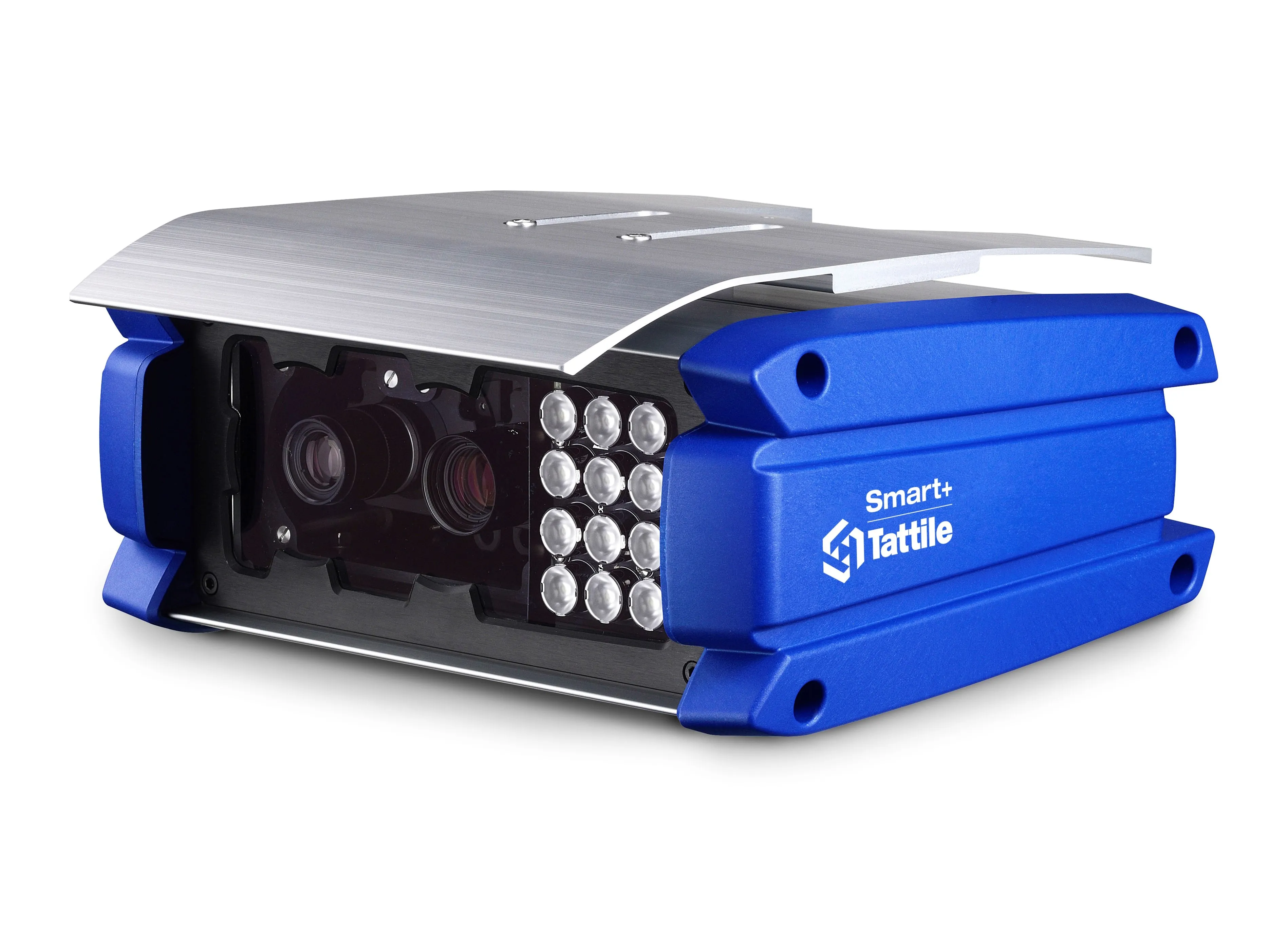Bosch Security Systems is enhancing its camera range with new smart surveillance technology. Embodied in the recently introduced Dinion 2X day/night fixed camera and the Flexidome 2X day/night dome camera, the company claims advanced levels of imaging for the most demanding surveillance applications.
July 25, 2012
Read time: 2 mins
The cameras combine a proprietary wide dynamic range CCD sensor with a new Bosch-designed 20-bit digital signal processor with many times the computational power of conventional cameras. In difficult lighting condition, the highly sensitive CCD sensor automatically analyses each image pixel by pixel to reveal details invisible to the human eye.
The new cameras also feature Smart BackLight Compensation (Smart BLC) to optimise light levels for objects of interest in scenes with a bright background. Smart BLC automatically analyses the image and enhances the details to provide the best result, without the need for user intervention. In addition, the cameras have day/night capability with infrared contrast for effective surveillance 24 hours a day, with or without IR lighting.
The devices incorporate other features including six user-programmable modules, a multi-language on-screen display, built-in smart motion detection and privacy zones. A high-efficiency power supply also improves the operating temperature of the cameras.
According to Bosch, the Dinion 2X and Flexidome 2X cameras are well suited for applications involving difficult lighting, day/night surveillance or where the most detailed images are required. Examples include outdoor perimeters, traffic monitoring, tunnels and car parks.









